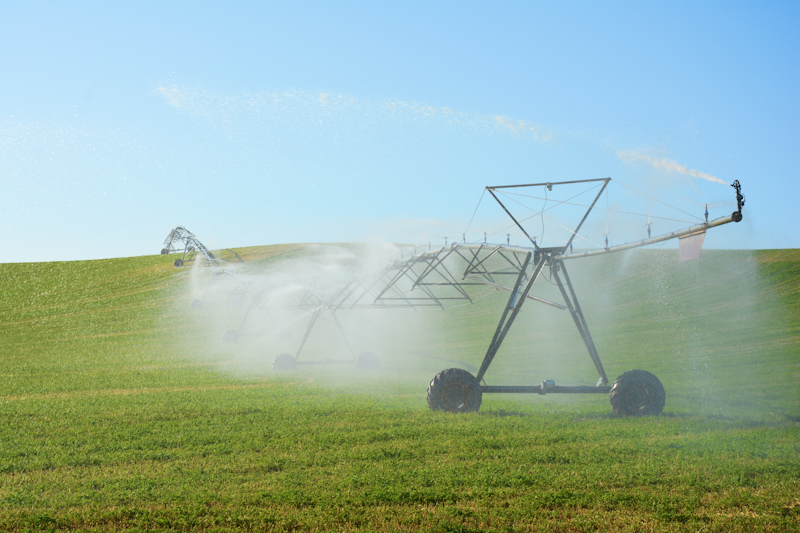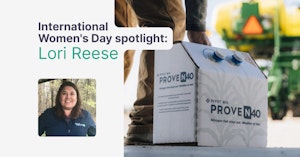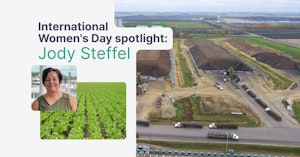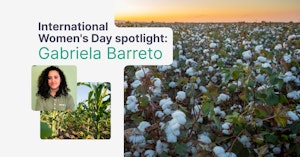Since Leaf’s inception as the unified API for food and agriculture, companies have been turning to us to access standardized farm data like field operations and boundaries from a variety of agricultural providers. As we have built on Leaf’s data services over the years, many customers have expressed interest in pulling in irrigation data, and we are happy to announce that it’s now available!
Whether you're a provider of a farm management system, agronomy platform, food traceability system or something similar, you can now integrate field irrigation information into your technology. We’re excited to see how this service gets used in your technology for growers/users to better monitor water usage, optimize water use efficiency, and make data-driven water resource management decisions.

How It Works
As of today, you can now ingest standardized irrigation data from Lindsay Fieldnet or Valley Agronomics via Leaf’s Unified API.
| Lindsay | Valley | |
|---|---|---|
|
Irrigation data translation: Leaf translates data daily from all providers and turns them into a standard GeoJSON. With Leaf’s irrigation service, you become instantly compatible with this irrigation data in a consistent format. |
||
|
Field boundaries: You can now sync field boundaries from Lindsay Fieldnet via the Field Boundary service (field name and field boundary geometry only). |
Irrigation properties:
Here are the types of properties you can expect to see in Leaf’s Irrigation Service:
- Field ID
- Irrigation ID
- Provider
- standardGeojson
- downloadGeojson
- Depth (mm or inches)
- Total area (hectares or acres)
- % Coverage
- Geometry
- Equipment information
- Start/stop time
- Last irrigation date/time

Getting started
To get started, head to our tutorial here or contact the Leaf team at help@withleaf.io. As always, if you have any questions please feel free to reach out!
In conclusion, the addition of field irrigation data to Leaf's unified API means that agtech companies can easily access standardized irrigation information from providers like Lindsay Fieldnet and Valley Agronomics. With this data connected to your technology, you now have a way to help your end users better monitor water usage, improve water use efficiency, and make informed decisions about water management. We’re committed to providing the tools to help you scale your technology and are keen to hear your feedback anytime!



